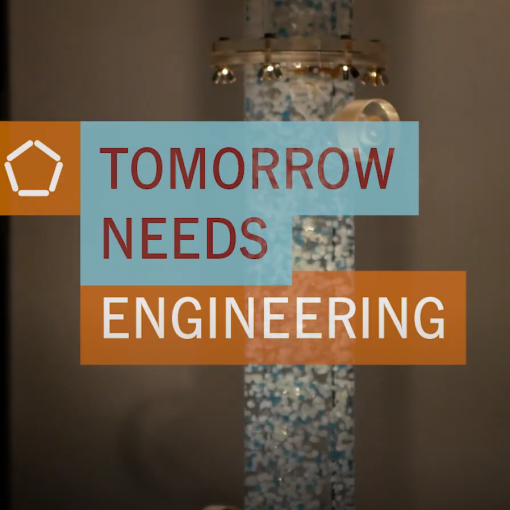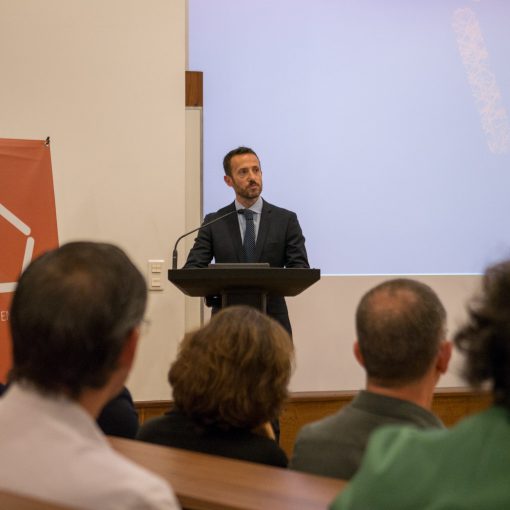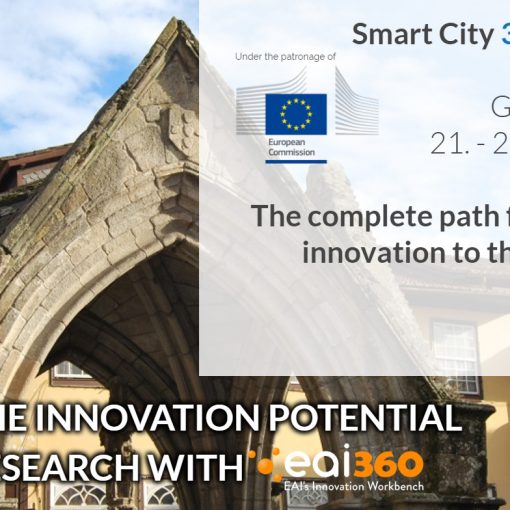Deputy Secretary-General of the United Nations discussed joint training programme with UMinho
Tshilidzi Marwala, rector of the United Nations University (UNU), was received on 17 October at the UMinho Rectory building in Braga by Rui Vieira de Castro, rector of the University of Minho. The aim of the meeting was to strengthen cooperation between UMinho and the UNU, within the scope of direct collaboration with the United Nations University’s e-Governance Operational Unit (UNU-EGOV) with a presence in Guimarães.
The meeting was also attended by the vice-rector of UMinho, Filomena Soares, the director of UNU-EGOV, Delfina Soares, the deputy director of UNU-EGOV, Luís Soares Barbosa, and the director of UMinho’s Doctoral College, António Vicente. One of the subjects discussed at the meeting was the possibility of creating a joint doctoral programme in Digital Governance.
The rector of UNU and assistant secretary-general of the United Nations spent a few days in Portugal, visiting UNU-EGOV and meeting with its more than 30 researchers of various nationalities. He also met with the mayor of Guimarães, Domingos Bragança, at the Paços do Concelho, where a meeting was held with the president of the Northern Regional Coordination and Development Commission, António Cunha, and the rector of UMinho, Rui Vieira de Castro.
THE UNU
The United Nations University, as well as several of its institutes and programmes located in more than 12 countries, was set up as a think tank that seeks to solve global problems of concern to different states. It is thus an academy of research and postgraduate education, established in 1972 by decision of the United Nations General Assembly, with the aim of developing collective research and teaching, dissemination of knowledge and consultancy services related to the development and well-being of the human being, in accordance with the founding principles of the UN.
UNU-EGOV began operations in Couros, Guimarães, in 2014 and today has a team of around 40 people from 18 countries under special hosting conditions, 31 of whom are researchers. Its main research focus is the digital transition in Public Administration, at global, national and local level, in particular the implications and impacts of established and emerging digital technologies on governance, with operations spread across three areas: governance, regulation and digital policies, digital transformation, innovation and technology, as well as civic participation and communities.




